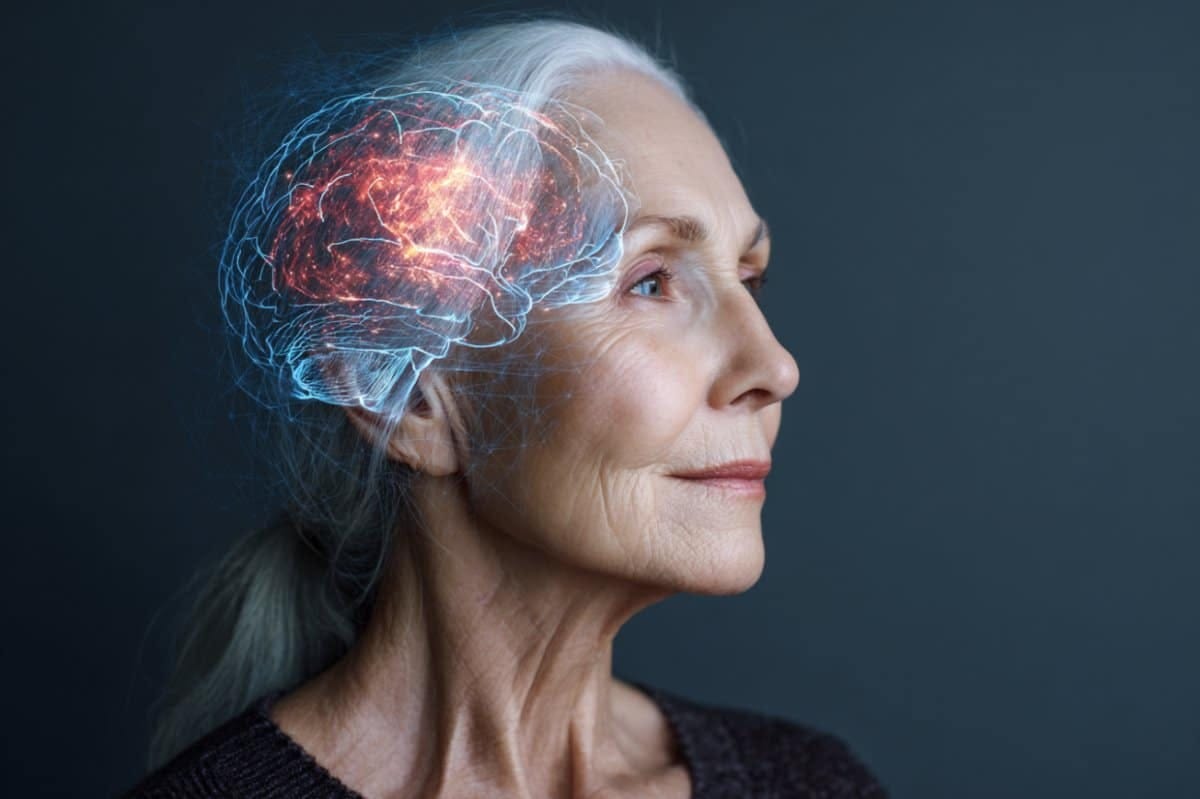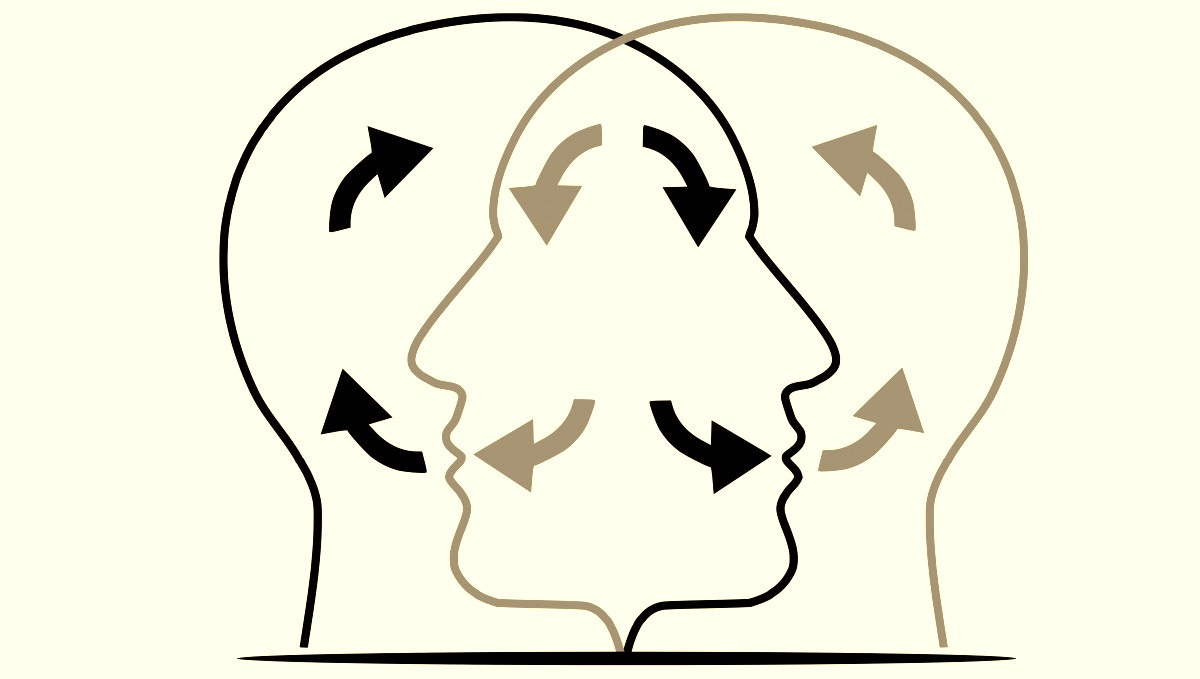Sci-Ed Update 350
Scent connections, hearing treatment improves lives, mindset matters, flexible deadlines make a difference, gut bacteria soak up forever chemicals, research funds disappearing, aging ≠ inflammation...
Flexible Deadlines Impact Student Mental Health and Course Engagement
With the growing number of students at colleges and universities who are considered nontraditional, creating an equitable classroom characterized by Universal Design for Learning has become increasingly important in higher education. In this mixed methods exploratory study, we assess the impact of implementing flexible deadline policies into our courses on students’ learning experience.
Across four academic terms, both at the undergraduate and graduate level, at two universities in Canada and the United States, we found that offering students (N = 234) the opportunity to redeem extension coupons resulted in a positive learning experience. Two key themes in our study demonstrate that the extension coupons improved students’ mental health and their level of course engagement.
Our study presents implications for teaching practices and policies and provides educators with one way to increase equity in the classroom.
Read more→ AandP.info/df6d51
Are You a Warm Demander?
We once again revisit deadline extensions, we discuss warm demanders and how they avoid toxic rigor, we discover which arm is best for a vaccine booster, we find out if we can grow new auditory hair cells, we get tips on how to speak more effectively while wearing a mask, and learn about a new discovery about oxygen absorption in the intestines. Can we breathe through our anus? Listen to find out!
To listen to this episode, click on the play button above ⏵ (if present) or this link→ theAPprofessor.org/podcast-episode-115.html
Stalled funding, canceled grants

Duke has lost hundreds of millions in federal research funding this year as the courts and President Donald Trump clash over the future of the National Institutes of Health.
Duke receives around $1.2 billion in research grants a year, and much of it comes from the NIH. In fiscal year 2024 NIH support totaled $580 million.
Duke attributed these financial losses to an increased number of grant terminations, delays in the awarding of grant funding and reductions in existing grant budgets.
The 15 canceled NIH grants contained flagged words like “expression,” “disability,” “trans” and “systemic.” However, these words were not used in contexts to promote DEI initiatives, although some may have had diversity supplements including the two described below.
Read more→ AandP.info/a62630
Gut Bacteria Found to Soak Up Toxic Forever Chemicals

Perfluoroalkyl and polyfluoroalkyl substances (PFAS) have the nickname 'forever chemicals' thanks to their persistence in the environment. While a handful of bacteria are known to mop up these insidious compounds, it's unclear whether any of our own microflora hide such a talent.
A new study by an international team of researchers has shown how several species of human gut bacteria can absorb and store PFAS. Potentially, boosting these types of bacteria in our bodies could stop the chemicals from negatively impacting our health.
Read more→ AandP.info/3db3a8
What is a mindset and can you cultivate a better one?
For some of us, the phrase “mindset” might bring to mind the unscientific platitudes that you find in certain kinds of self-help books. A growing body of research, though, is showing that our mindset can powerfully shape our lives, thanks to its impact on our perception, motivation and behaviour.
“We think of mindset as a belief about how the world works – which includes either you or your environment – that, in turn, shapes your interpretations of the world and your responses to events, as well as your goals,” says David Yeager at the University of Texas at Austin.
It was Carol Dweck at Stanford University in California who first popularised this concept. She was initially interested in people’s beliefs about intelligence and how these affected their academic achievement.
In psychological questionnaires, some people will strongly endorse statements like “Your intelligence is something very basic about you that you can’t change very much.” These people are said to have a “fixed mindset”. Others are more likely to endorse statements like “No matter how much intelligence you have, you can always change it quite a bit.” They are said to have a “growth mindset”.
Dweck’s research found that people in the latter group tended to be more likely to persevere after failure and were more willing to take on challenges outside their comfort zone – two behaviours that encourage intellectual development.
Crucially, Dweck and her colleagues found that mindsets are malleable; teaching people about their brain’s natural plasticity, for example, seems to promote a growth mindset. Despite some failed replications, the effect appears to be robust, though this depends on the context.
Read more→ AandP.info/db986d
Faculty Mindsets & Minority Student Achievement Gaps: Journal Club
Our second Journal Club episode pops in sooner than expected with a mind-blowing study that shows that when faculty believe that student ability is fixed (not flexible), under-represented minority students do not perform as well as in STEM courses taught by faculty with a growth mindset. Journal Club director Krista Rompolski joins Kevin for an important discussion.
To listen to this episode, click on the play button above ⏵ (if present) or this link→ theAPprofessor.org/podcast-episode-71.html
Aging May Not Equal Chronic Inflammation

A new global study challenges the long-held belief that chronic inflammation is a universal marker of aging. Researchers compared industrialized populations with Indigenous groups and found that “inflammaging” is strongly tied to lifestyle and environmental exposures.
While inflammation rises with age in industrialized societies, it remains stable and infection-driven in non-industrialized populations, and crucially, does not lead to chronic disease. These findings suggest that aging biomarkers like inflammation may not be biologically universal but rather shaped by specific cultural and ecological contexts.
Key Facts:
Context-Specific Inflammation: Inflammation increased with age in industrialized settings but not in Indigenous populations.
Infection vs. Aging: Elevated inflammation in non-industrialized groups was driven by infection, not age-related degeneration.
No Universal Markers: The study calls into question the use of global aging biomarkers, urging context-aware tools instead.
Read more→ AandP.info/81b341
Audio long read: How to speak to a vaccine sceptic — research reveals what works
Download the 04 July 2025 long read podcast
Questions and doubts about vaccines are on the rise worldwide and public-health specialists worry that these trends could worsen. But while the shift in public attitudes towards immunizations can leave scientists, physicians and many others feeling disheartened, a surge of research on vaccine hesitancy is starting to offer ways to address the issue.
This is an audio version of our Feature How to speak to a vaccine sceptic: research reveals what works
Read more→ AandP.info/6f0740
The surprising link between hearing loss, loneliness, and lifespan
People who treat hearing loss with hearing aids or cochlear implants regain rich conversations, escape isolation, and may even protect their brains and lifespans—proof that better hearing translates into fuller living.
Kevin Patton comment→ I’ve been preaching this message for years. Please, if you or your loved ones think there’s any chance of hearing loss, have it checked and treated!
Read more→ AandP.info/3b7ec5
Scientists discovered how a scent can change your mind
[A] study, recently published in the journal PNAS, advances our understanding of how the brain makes decisions by participating in the storage of associations between different stimuli.
Mice taught to link smells with tastes, and later fear, revealed how the amygdala teams up with cortical regions to let the brain draw powerful indirect connections. Disabling this circuit erased the links, hinting that similar pathways in humans could underlie disorders like PTSD and psychosis, and might be tuned with future brain-modulation therapies.
Read more→ AandP.info/6c9196








